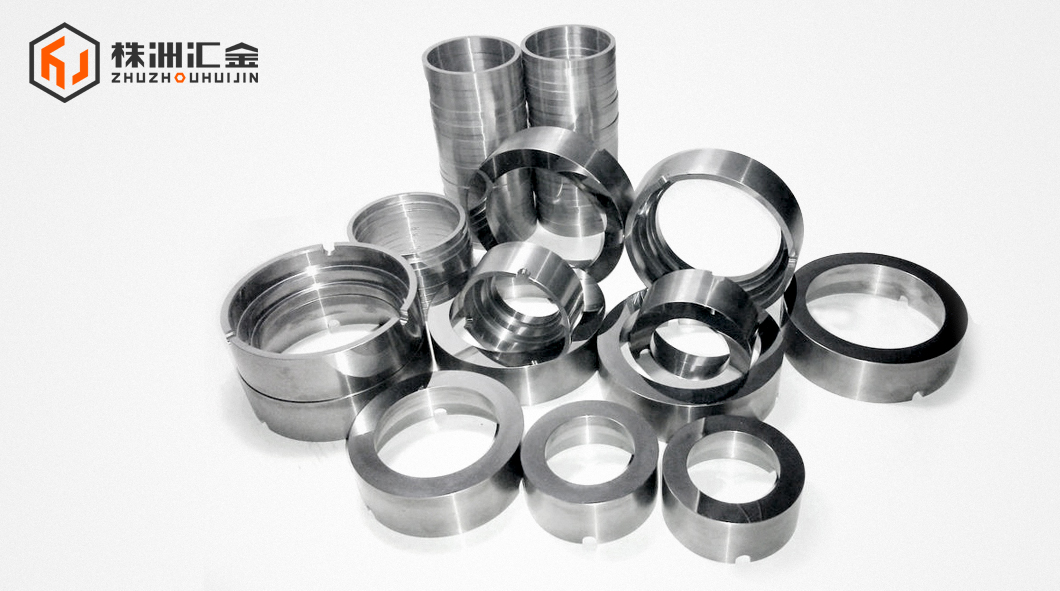
How to select materials for mechanical seals
Choosing the material for your seal is important as it will play a role in determining the quality, lifespan and performance of an application, and reducing problems in the future.
Selection of commonly used materials for mechanical seals.
1. Clean water, normal temperature. Moving ring: 9Cr18, 1Cr13, surfacing cobalt chromium tungsten, cast iron; Static ring: resin impregnated graphite, bronze, phenolic plastic.
2. River water (containing sediment), normal temperature. Dynamic ring: tungsten carbide;
Stationary ring: tungsten carbide.
3. Sea water, normal temperature Moving ring: tungsten carbide, 1Cr13 surfacing cobalt chromium tungsten, cast iron; Static ring: resin-impregnated graphite, tungsten carbide, cermet.
4. Superheated water 100 degrees. Moving ring: tungsten carbide, 1Cr13, cobalt chromium tungsten surfacing, cast iron; Static ring: resin-impregnated graphite, tungsten carbide, cermet.
5. Gasoline, lubricating oil, liquid hydrocarbons, normal temperature. Moving ring: tungsten carbide, 1Cr13, cobalt chromium tungsten surfacing, cast iron; Static ring: impregnated with resin or tin-antimony alloy graphite, phenolic plastic.
6. Gasoline, lubricating oil, liquid hydrocarbon, 100 degrees moving ring: tungsten carbide, 1Cr13 surfacing cobalt chromium tungsten; Static ring: impregnated bronze or resin graphite.
7. Gasoline, lubricating oil, liquid hydrocarbons, containing particles. Dynamic ring: tungsten carbide; Stationary ring: tungsten carbide.
Types and uses of sealing materials Sealing materials should meet the requirements of sealing function. Due to different media to be sealed and different working conditions of the equipment, sealing materials are required to have different adaptability. The requirements for sealing materials are generally:
1. The material has good density and is not easy to leak media.
2. Have appropriate mechanical strength and hardness.
3. Good compressibility and resilience, small permanent deformation.
4. Does not soften or decompose at high temperatures, does not harden or crack at low temperatures.
5. It has good corrosion resistance and can work for a long time in acid, alkali, oil and other media. Its volume and hardness change are small, and it does not adhere to the metal surface.
6. Small friction coefficient and good wear resistance.
7. It has the flexibility to combine with the sealing surface.
8. Good aging resistance and durable.
9. It is easy to process and manufacture, cheap and easy to obtain materials.
Rubber is the most commonly used sealing material. In addition to rubber, other suitable sealing materials include graphite, polytetrafluoroethylene and various sealants.
POST TIME: 2023-12-08













